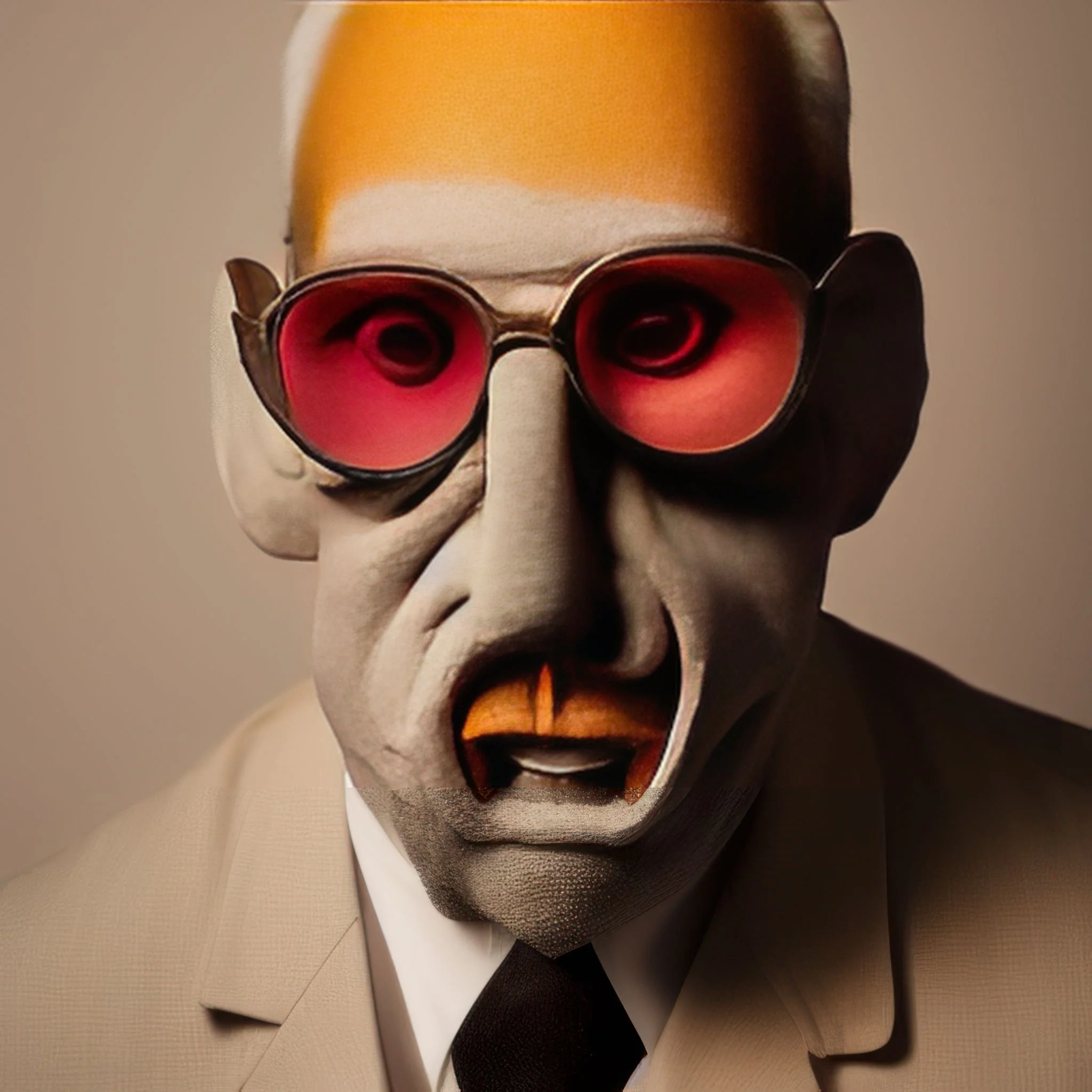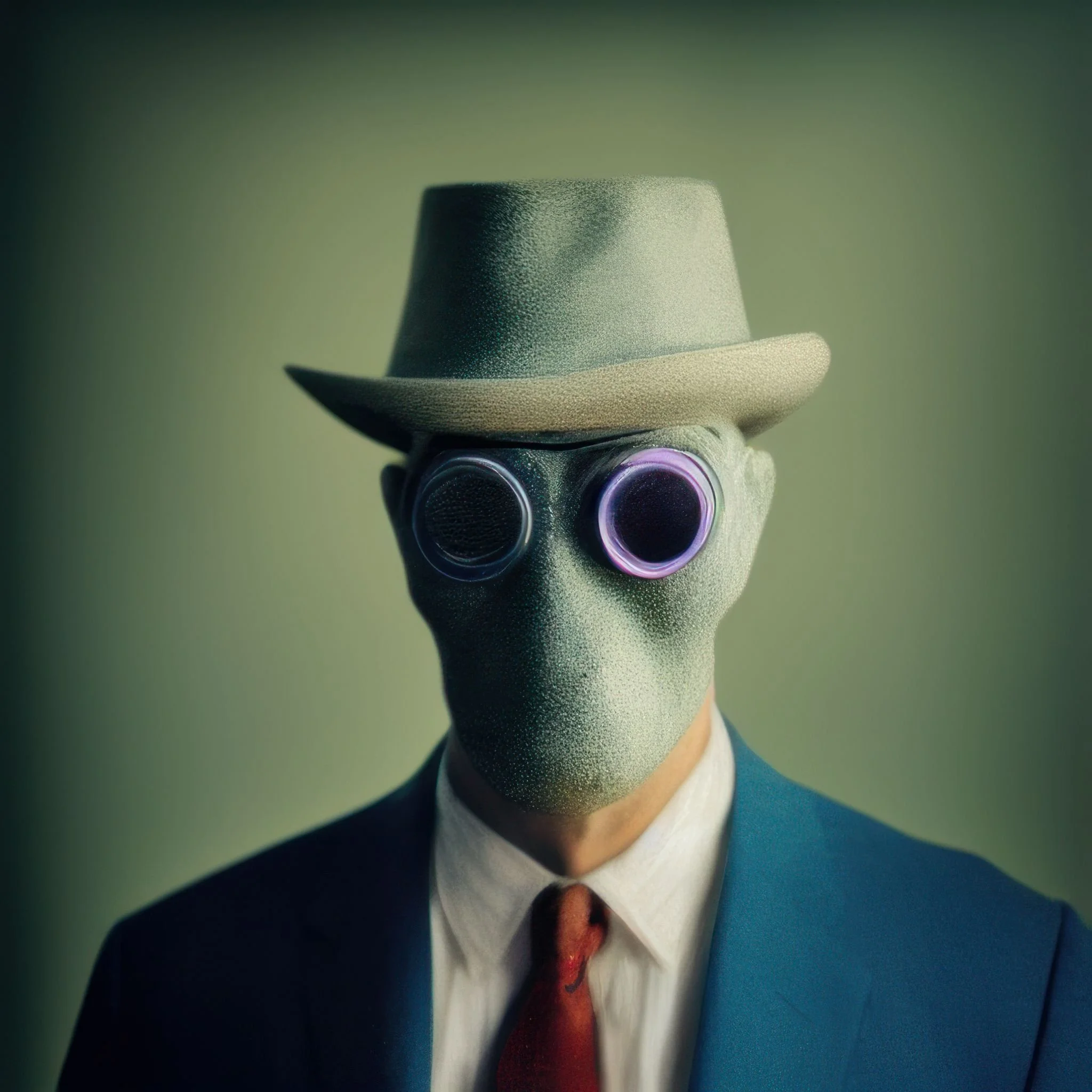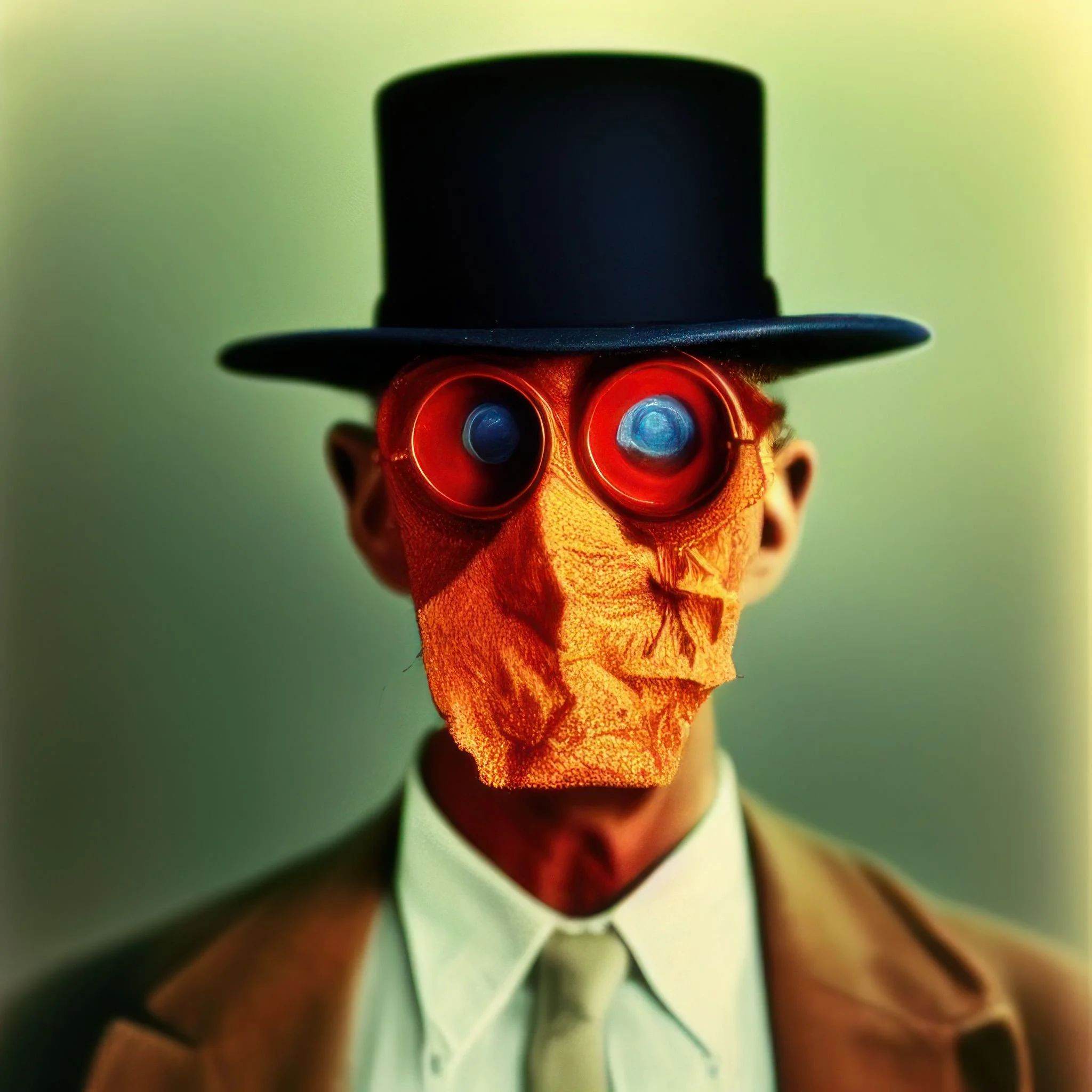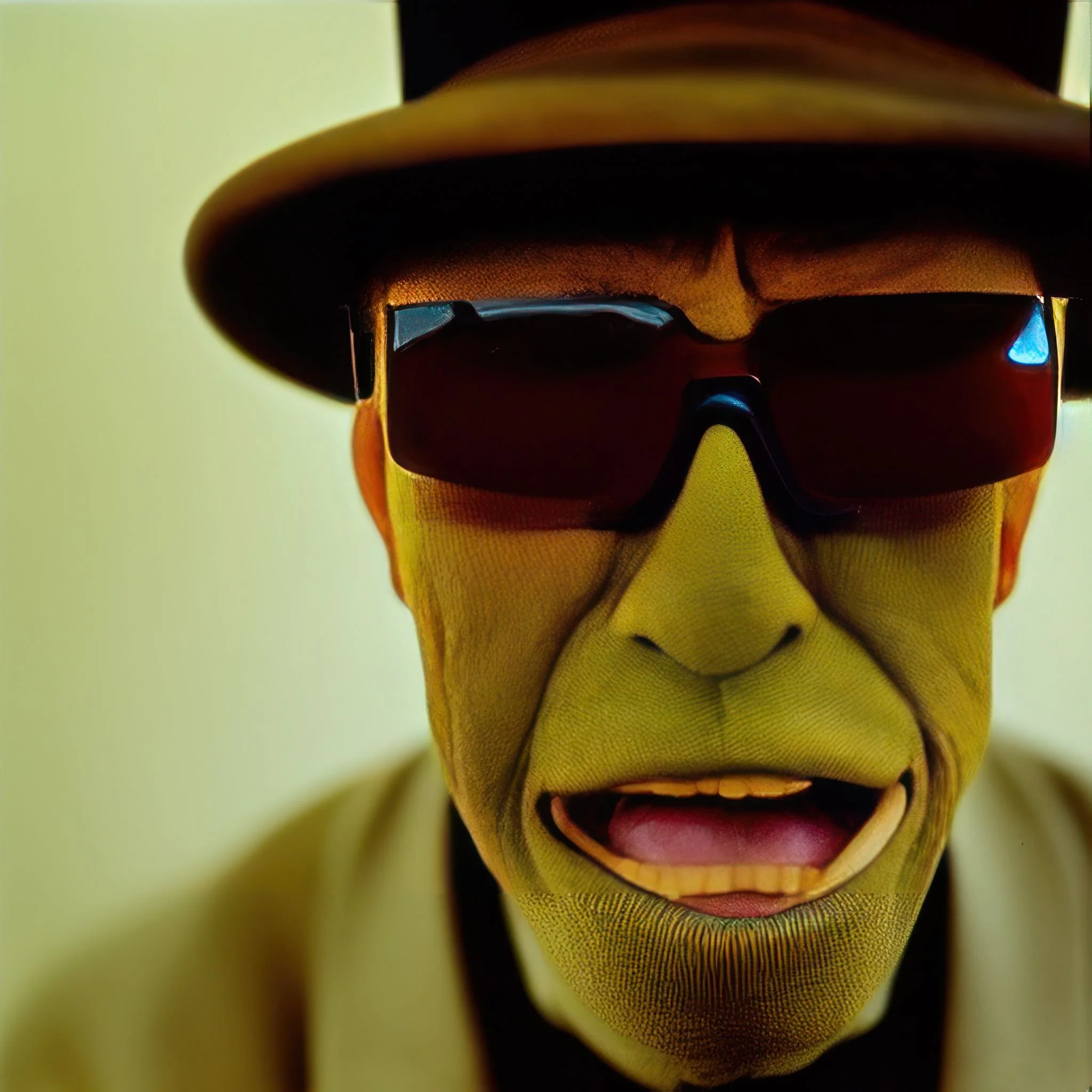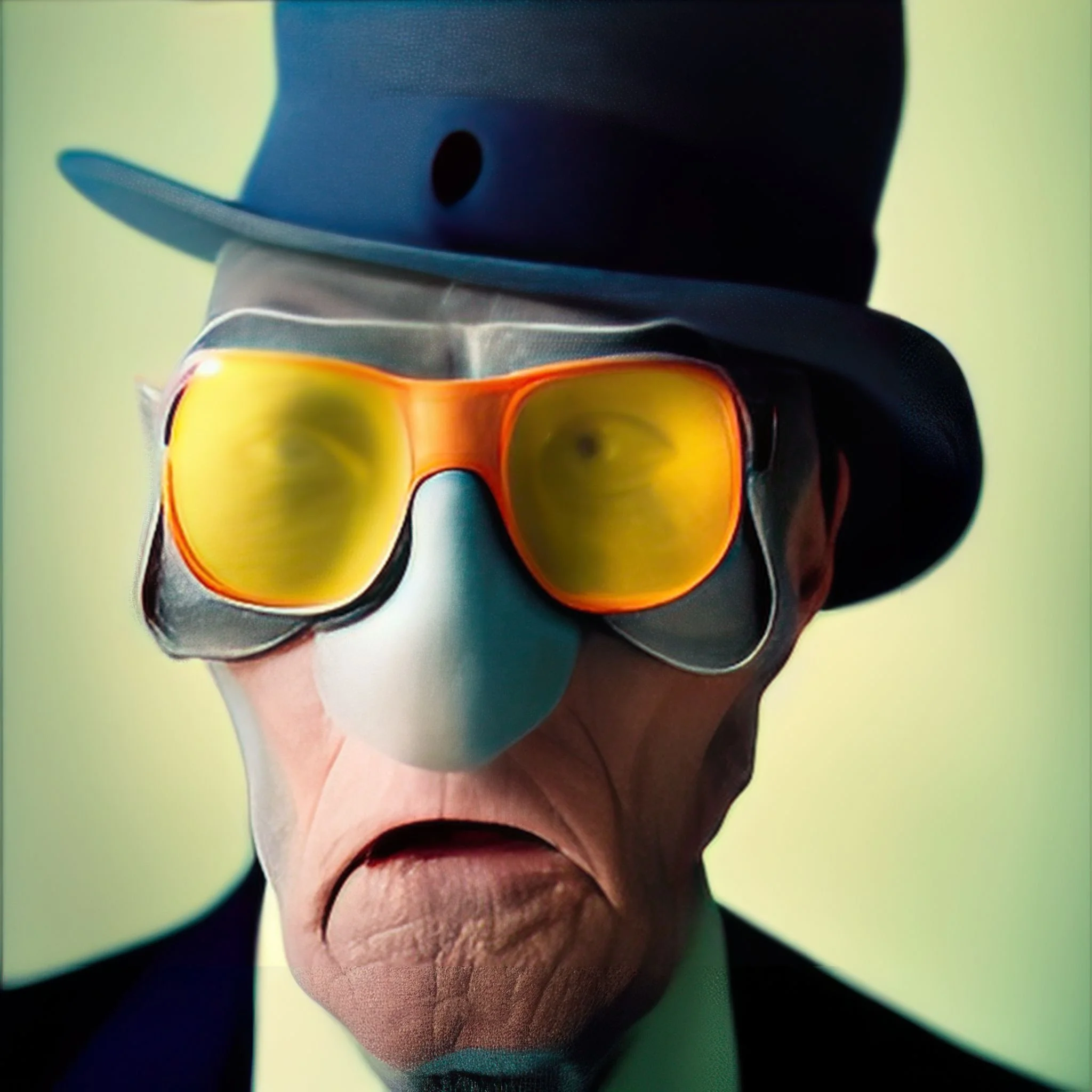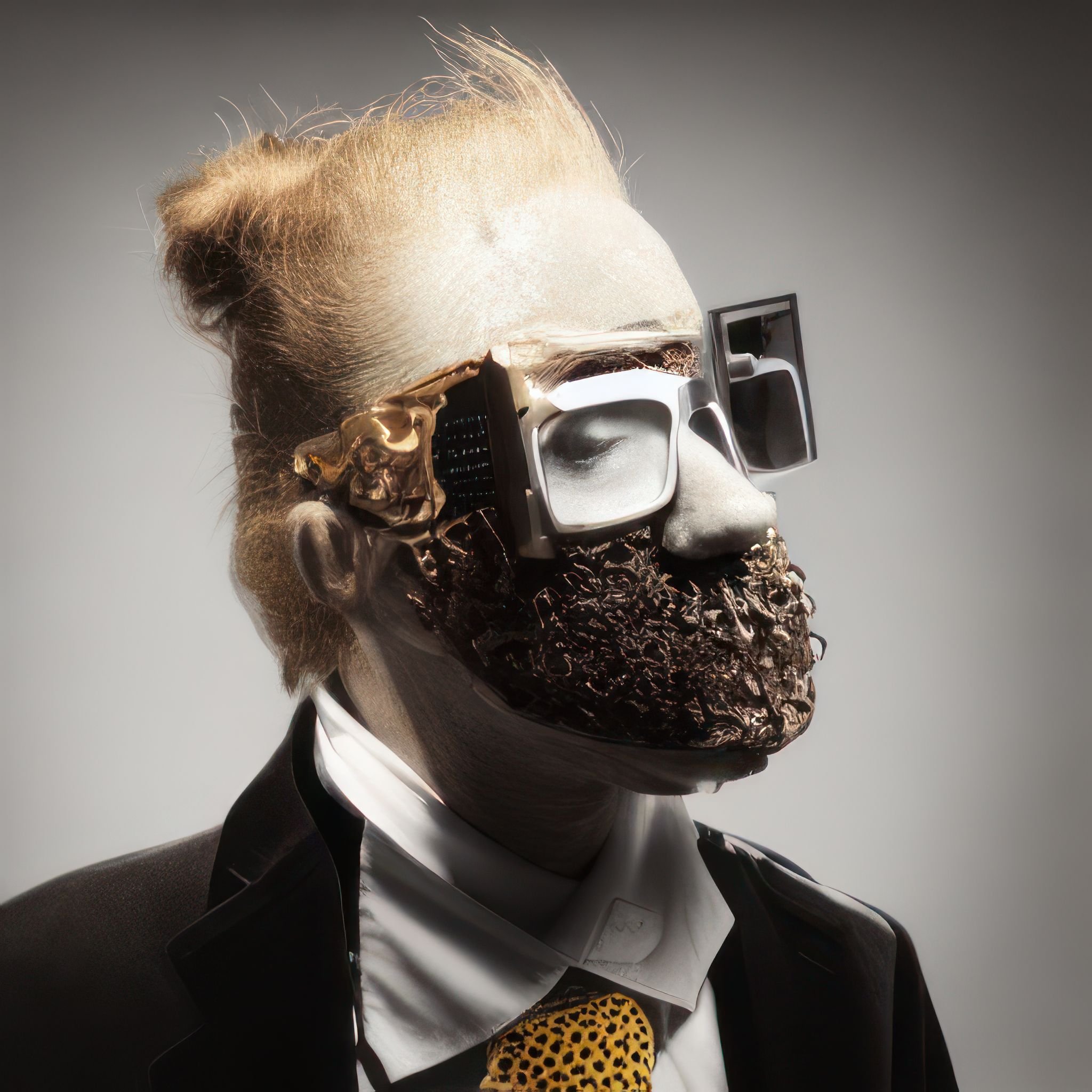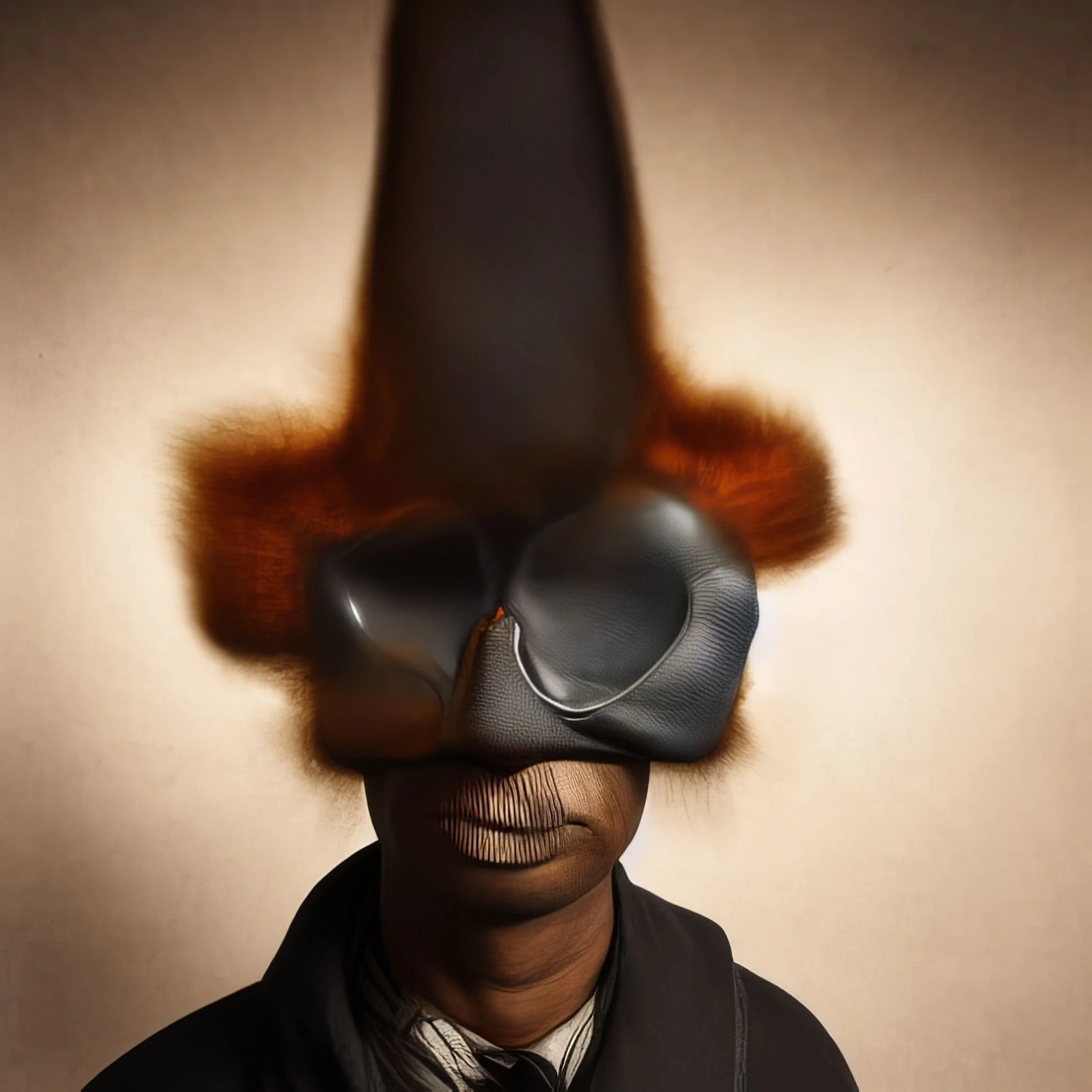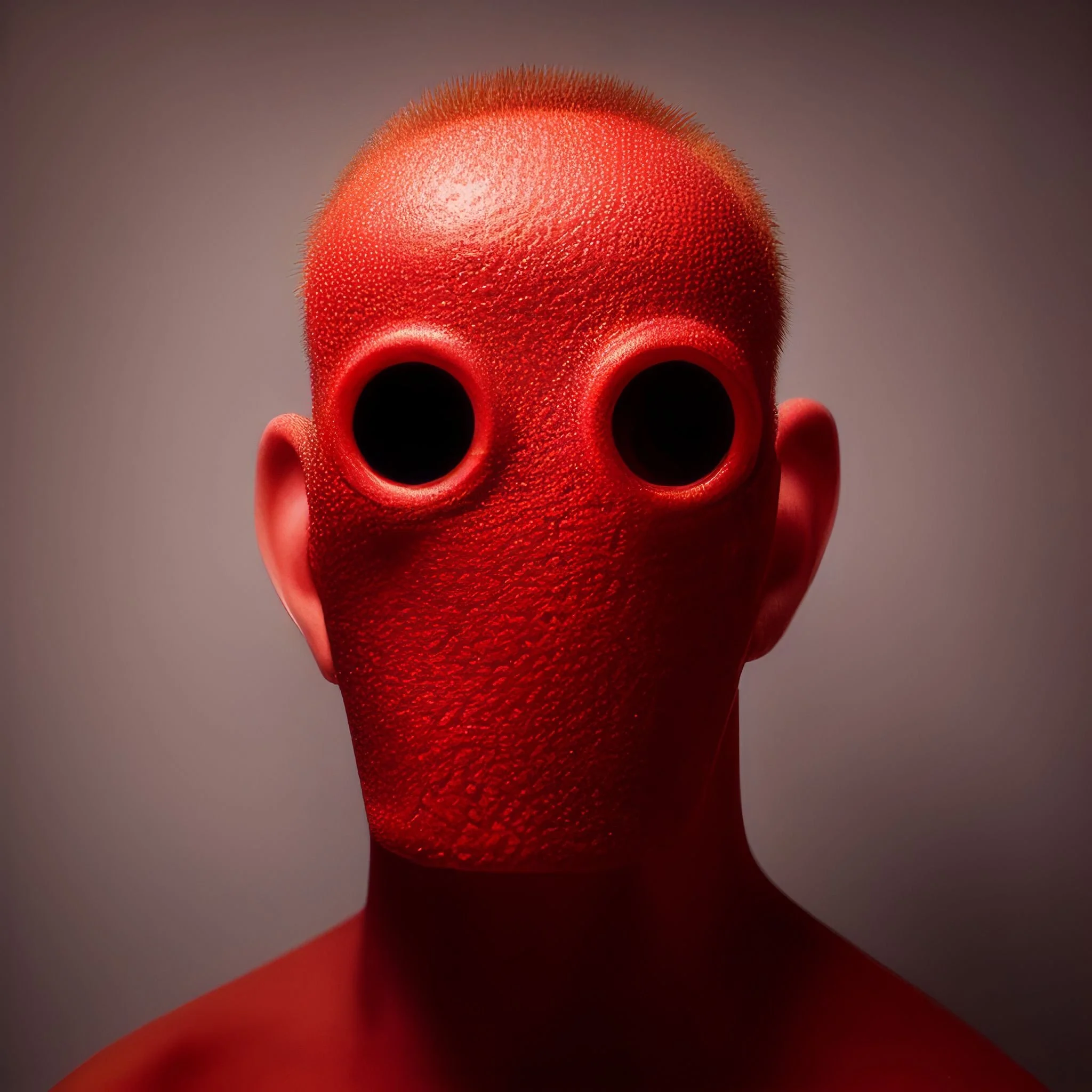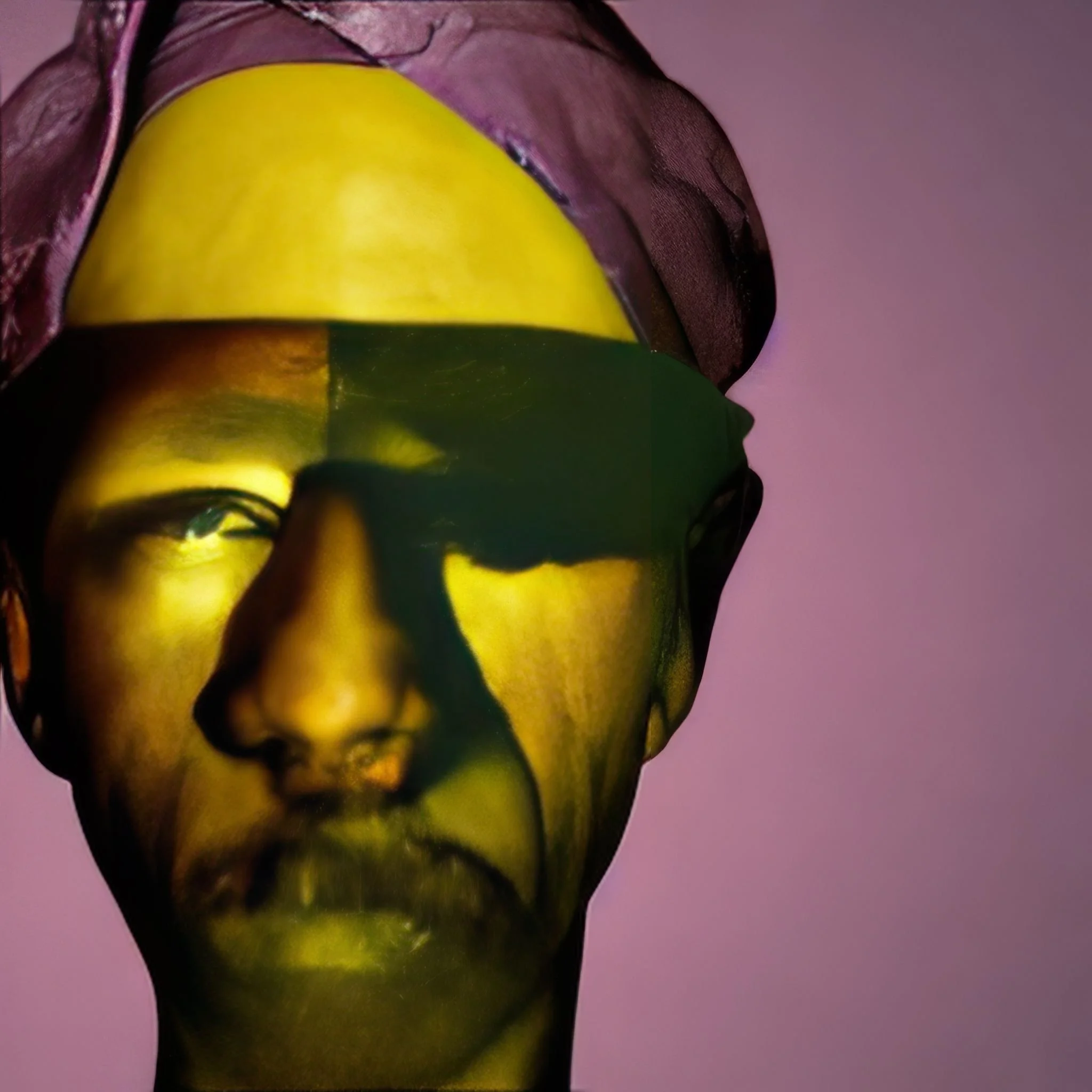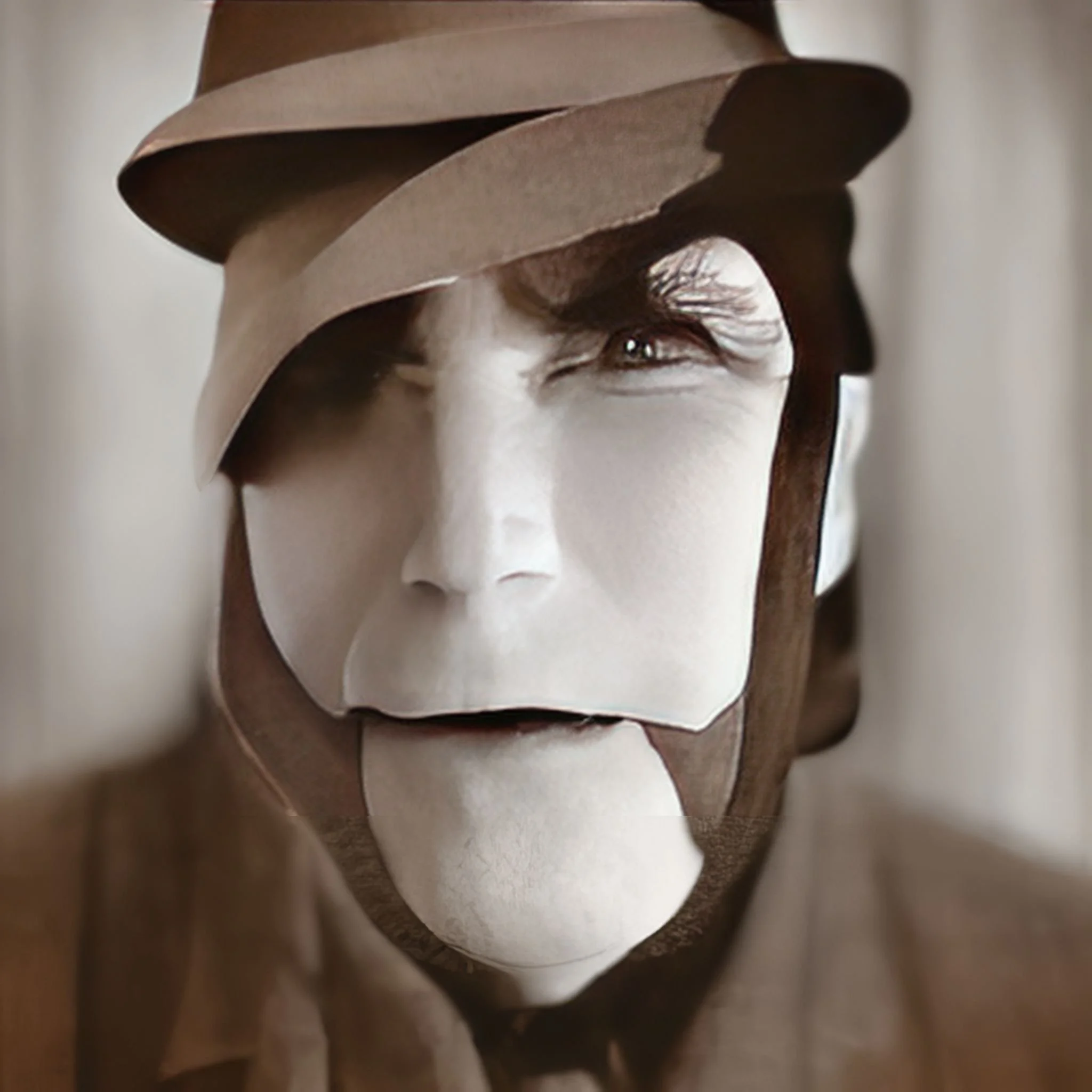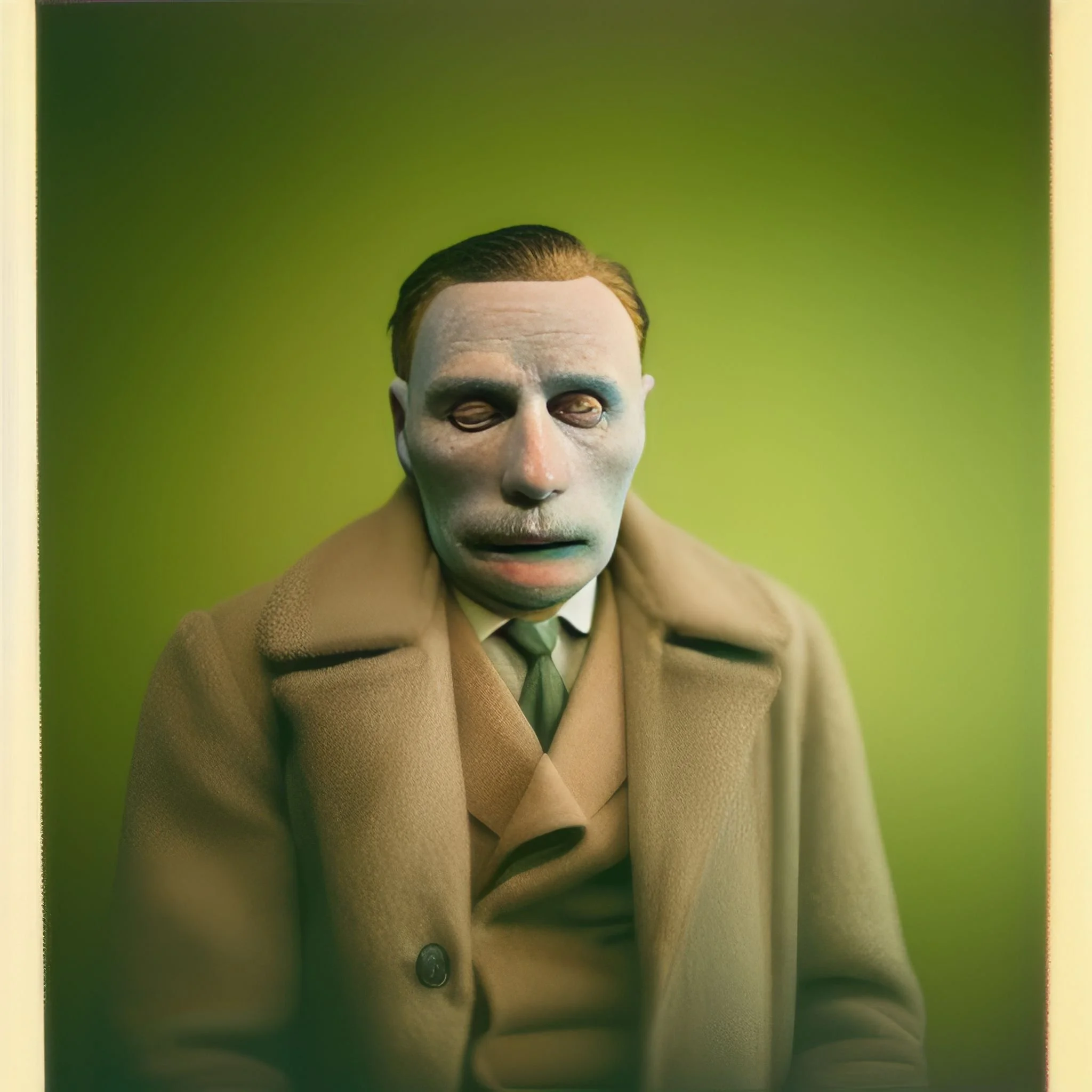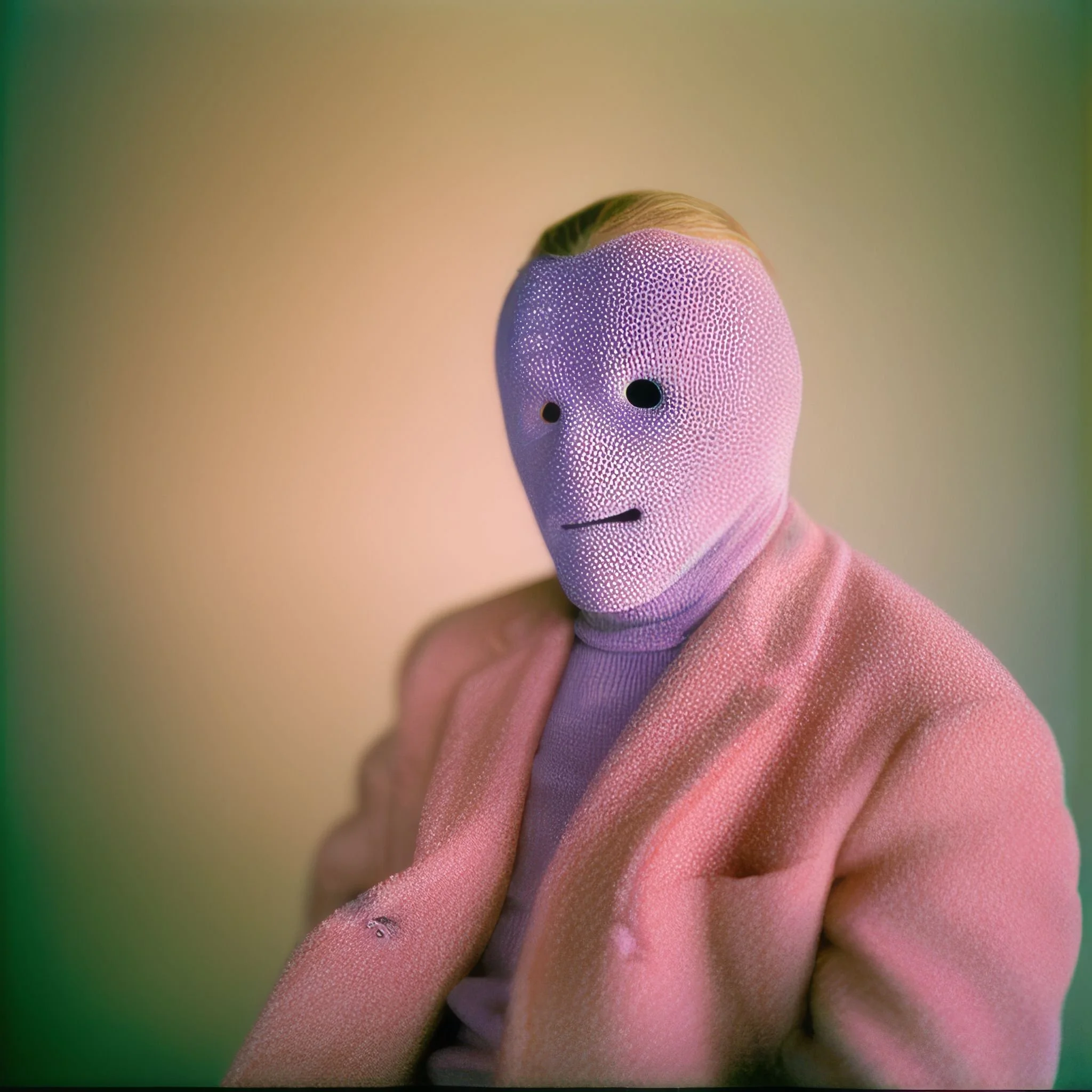Imperfect Replicas

All images are copyright 2023 by Andrea Bigiarini - All rights reserved
Imperfect Replicas
Throughout my academic research, I decided to explore a fascinating and sometimes humorous topic: doppelgangers gone wrong, those duplicates that, although created with the intention of resembling a person, end up having the wrong face.
This study examines some of the curious experiences related to doppelgangers that failed to replicate the original accurately and seeks to shed light on the possible causes of such imperfections.
I gathered a series of accounts involving doppelgangers that seem to have a distorted identity compared to the original individual. Their physical features may appear similar, but their behavior and personality are radically different. This discrepancy between physical appearance and identity can often lead to comical and puzzling situations.
One possible explanation for doppelgangers with the wrong face may lie in environmental influences. Changes in growth, upbringing, and the environment in which these duplicates grow may influence their development. Variations in education and life experiences could lead to significantly different behaviors and personalities from the original.
Psychological factors could play a key role in creating imperfect doppelgangers. Emotions, desires, and the experiences of the duplicate may contribute to a divergent personality. This discrepancy can be a source of psychological interest as it prompts us to reflect on the influence of environment and the mind on identity formation.
Some of the experiences gathered during the research seem to be the result of startling coincidences. It is as if chance played a key role in creating doppelgangers with the wrong face.
These cases highlight how strange and unpredictable human nature and interactions between individuals can be.
This study of doppelgangers gone wrong, with the wrong face, offers an intriguing perspective on the complexity of human identity and the interaction between environmental and psychological factors in personality formation.
While the idea of a perfect double is captivating, these stories of imperfect duplicates remind us that differences and imperfections can be just as captivating and sometimes even amusing. Ongoing research on this topic could lead to a better understanding of the forces that shape our identities and personalities.
Andrea Bigiarini


